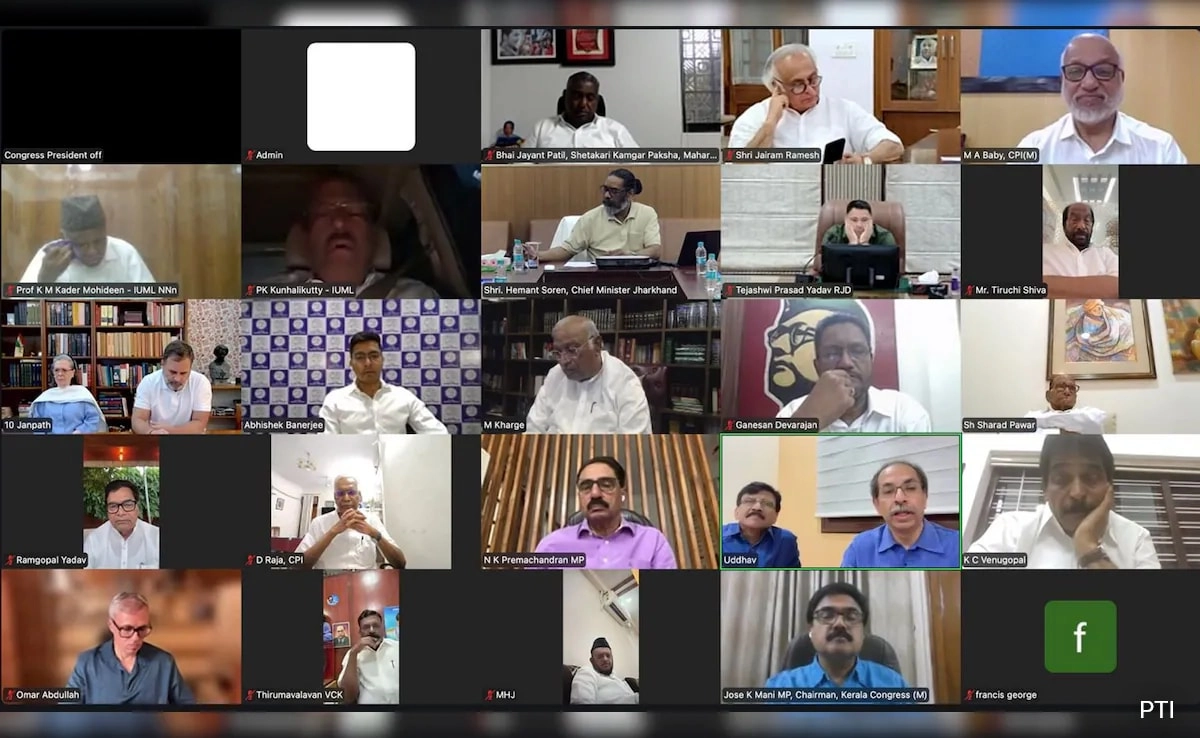In a tragic series of events, a shooter in Minneapolis reportedly attacked a church drawing prior to a rampage at a nearby Catholic school. This incident underscores the complex relationship between mental health issues and violent behavior, raising questions about the underlying motivations that can drive individuals to commit such acts of aggression. The shooter, whose identity has not been publicly disclosed, appeared to have exhibited troubling behavior leading up to the incident, including the violent destruction of religious artwork. This act of vandalism may have been a precursor to the more severe violence that followed, highlighting the potential warning signs that can often precede such tragedies.
The rampage at the Catholic school left the community in shock and mourning, as parents, students, and faculty grappled with the aftermath of the violence. Witnesses described scenes of chaos and fear, as law enforcement responded swiftly to contain the situation and ensure the safety of those inside the school. The impact of this event rippled through the community, prompting discussions about safety measures in educational institutions and the need for mental health support. Many community members are now calling for increased vigilance and proactive measures to identify individuals who may be struggling with mental health issues before they resort to violence.
In the aftermath of the shooting, local leaders and mental health advocates have emphasized the importance of community awareness and intervention. They are urging individuals to be more attuned to the signs of distress in those around them and to create an environment where seeking help is encouraged. This incident serves as a stark reminder of the need for comprehensive mental health resources and support systems, particularly in communities where access may be limited. As investigations continue, there is hope that thorough analysis of the shooter’s background and motivations can provide insights that may help prevent future tragedies.
The Minneapolis shooting is a sobering example of how underlying issues can manifest in devastating ways, affecting not just the immediate victims but the entire community. As conversations about gun violence, mental health, and community safety continue, it is crucial for society to address these challenges collectively. By fostering open dialogue and promoting resources for mental health support, communities can work toward creating safer environments for everyone, ensuring that no individual feels isolated or compelled to resort to violence. The road to healing will be long, but it is essential for the community to come together in solidarity to support those affected and to seek solutions to prevent future incidents like this from occurring.




